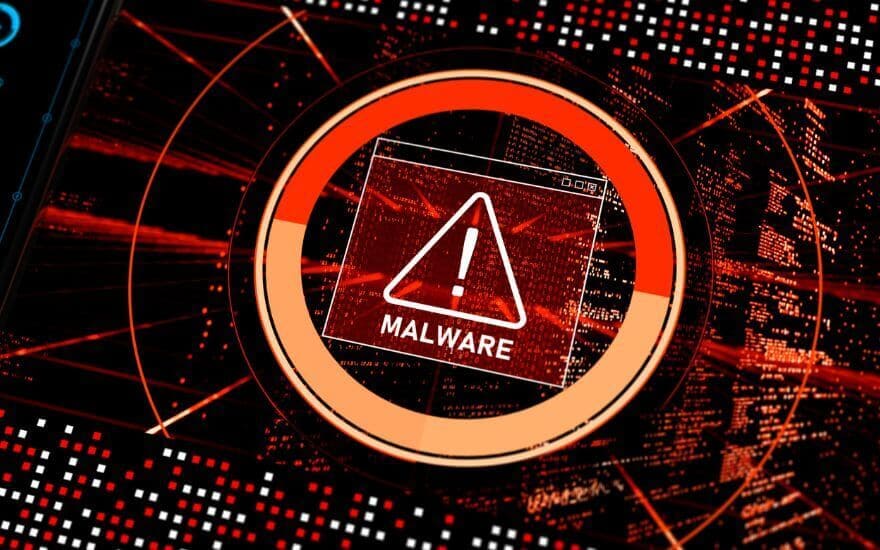Antivirus vs. Anti-Malware: Choosing the Right Protection
Understanding Antivirus Software:
- Focus: Antivirus software primarily targets traditional forms of malware like viruses, worms, and trojans.
- Functionality: It excels at detecting known malware signatures based on predefined virus definitions.
- Strengths: Offers real-time protection, scans files and programs for known malware, and often includes features like email scanning and web protection.
- Considerations: Antivirus might lack effectiveness against newer and more advanced forms of malware like ransomware or zero-day threats.
Understanding Anti-Malware Software:
- Focus: Anti-malware software is broader in scope, targeting a wider range of threats beyond traditional viruses.
- Functionality: It employs heuristic analysis and behavioral monitoring to detect suspicious activities, aiming to catch unknown threats.
- Strengths: Effective against newer threats, including zero-day attacks and polymorphic malware due to its adaptive and proactive nature.
- Considerations: Anti-malware might consume more system resources and occasionally generate false positives due to its broader scanning parameters.
Factors to Consider in Choosing:
- Threat Landscape: Assess the prevalent threats you’re likely to encounter. If facing newer and more sophisticated threats, anti-malware might offer better protection.
- System Impact: Consider the resource usage of the software. Antivirus software often has a lighter footprint, making it preferable for older systems or those with limited resources.
- Scope of Protection: Determine if you need comprehensive protection against a wide range of threats (anti-malware) or if safeguarding against known viruses suffices (antivirus).
- User-Friendly Interface: Evaluate ease of use and the software’s interface. Some users prefer simpler interfaces offered by antivirus software.
Making the Choice:
- For Established Threats: If your concern is mainly traditional malware like viruses or trojans, a reliable antivirus might suffice. It offers efficient protection against known threats without excessive resource usage.
- For Advanced Threats: If you’re exposed to newer and more complex threats, opt for anti-malware. Its proactive nature and broader detection parameters make it more adept at handling unknown and evolving threats.
Conclusion:
The decision between antivirus and anti-malware software hinges on individual needs, the threat landscape, and system requirements. For users seeking protection against well-known threats with minimal system impact, antivirus software remains a reliable choice. Conversely, for those navigating a more diverse and evolving threat landscape, anti-malware offers a comprehensive shield against sophisticated and emerging threats. Assessing your specific needs and understanding the strengths of each type of software is key in making an informed decision to ensure robust digital security.
